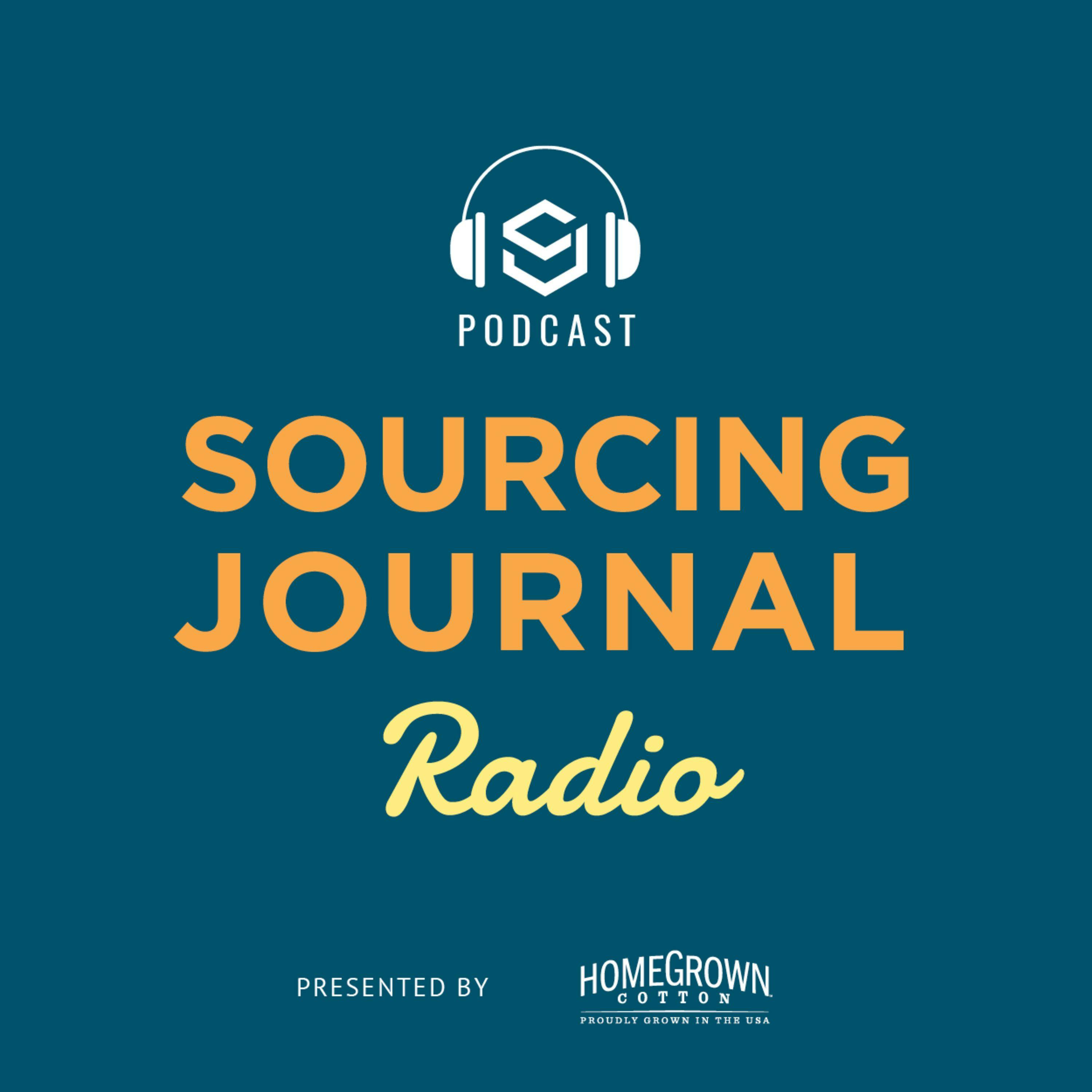Source Verified

b'Creating a fully visible supply chain for agricultural products, like cotton, has created problems\\xa0for textile producers. Businesses continue to invest in sustainable and ethical sources of cotton of a high quality, only to see markets flooded with products that have been "greenwashed" with false labels or\\xa0 mixed with lower quality fibers. Ultimately, cotton producers have been left wondering if sustainability can be profitable in this confusing climate.\\n\\nComing up with an answer to this problem is the next horizon in raw material sourcing and, in today\'s episode, we speak with two business leaders who have been able to crack the code. Using DNA tagging they\'ve\\xa0found a way to ensure consumers actually get what they pay for.\\n\\nWe spoke with David Greenstein of Himatsingka, one the largest cotton wholesalers in the United States, as well as chairman of the California Cotton Growers Association, Cannon Michael. Michael is also the head of Bowles Farming Company, a large producer of Pima Cotton. Greenstein and Michael are partners in the production of Pimacott, Himatsingka\'s patented Pima Cotton varietal that can be traced, genetically, from the cotton gin to the shelves of your local retailer.\\n\\nLearn more about your ad choices. Visit megaphone.fm/adchoices'